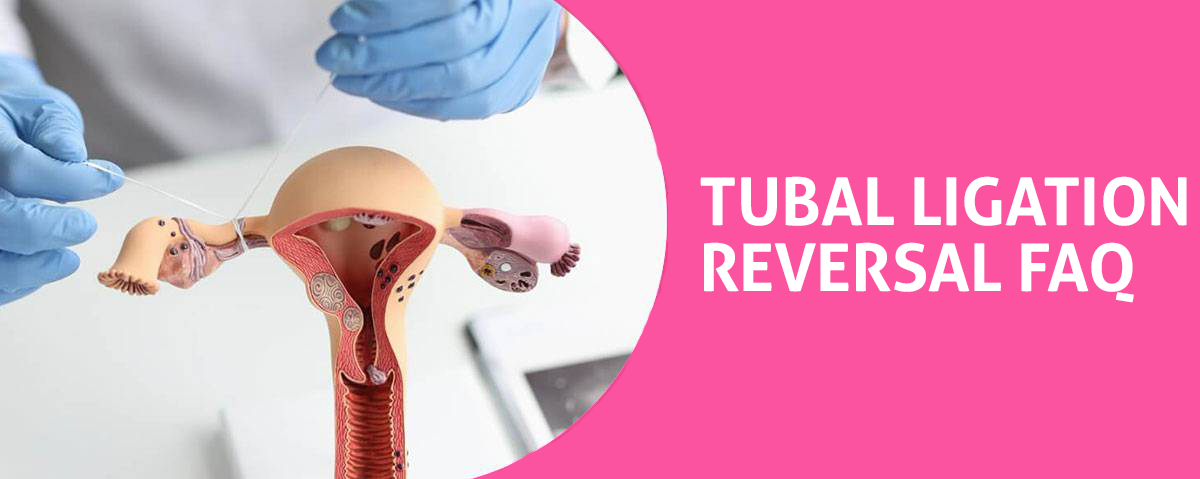Can Someone Who Has Had a Tubal Ligation Get Pregnant?
Despite having undergone tubal ligation, you’re likely curious about the slim chances of pregnancy, aren’t you? It’s important to note that while the procedure is highly effective at preventing pregnancy, it’s not 100% foolproof. There’s still a small possibility of an unplanned pregnancy due to unintended consequences such as the tubes rejoining over time.
Ligation reversal, a complex surgical procedure, is an option if you decide to have children later on. However, success rates vary and it doesn’t guarantee pregnancy. It’s also worth noting that post-ligation, the chances of ectopic pregnancy increase. Therefore, it’s crucial to have regular checkups and report any unusual symptoms to your healthcare provider promptly.
Risks Associated With Post-Ligation Pregnancy
So, what are the risks you might face if you do get pregnant after a tubal ligation? The most significant is the increased likelihood of an ectopic pregnancy. This is where the fertilized egg implants outside the uterus, typically in the fallopian tubes. Ectopic pregnancy risks include severe internal bleeding, rupture of the fallopian tube, and in extreme cases, can be life-threatening. Additionally, surgical complications could arise, especially if a tubal ligation reversal is attempted. These can range from infection or hemorrhage to damage to surrounding organs. Pregnancy after tubal ligation also carries with it the general risks associated with pregnancy in older women, including gestational diabetes, high blood pressure, and complications during delivery.
Exploring Alternatives and Solutions
After considering the potential risks of pregnancy post-tubal ligation, it’s now time to explore alternatives and solutions that could help you achieve your family planning goals. Fertility treatments, such as in-vitro fertilization (IVF), can bypass the blocked tubes, providing a viable option for conceiving. However, these procedures can be costly and may not guarantee success. Another alternative is tubal ligation reversal, a surgical procedure that reconnects the fallopian tubes. This option, though, carries its own risks and success rates may vary. If biological parenthood is not essential, adoption options should be considered. Adopting a child not only gives you the opportunity to become a parent, but also provides a loving home for a child in need.
Other Popular Questions About Tubal Ligation Reversal:
How Dangerous Is Tubal Ligation?
How Common Is Weight Gain After Tubal Ligation?
How Common Is Tubal Ligation Failure?
How Common Is Regret After Tubal Ligation?
How Common Is Recanalization After Tubal Ligation?
How Common Is It to Get Pregnant 7 Years After a Tubal Ligation?
How Can You Tell if Your Tubal Ligation Failed?
How Can You Still Have Periods After Tubal Ligation Anatomy?
How Can You Have a Period After Tubal Ligation?
How Can I Tell What Type of Tubal Ligation I Had?
How Can I Reverse Tubal Ligation?
How Can I Prevent Early Menopause After Tubal Ligation?
By using this webiste you agree to Terms and Conditions
